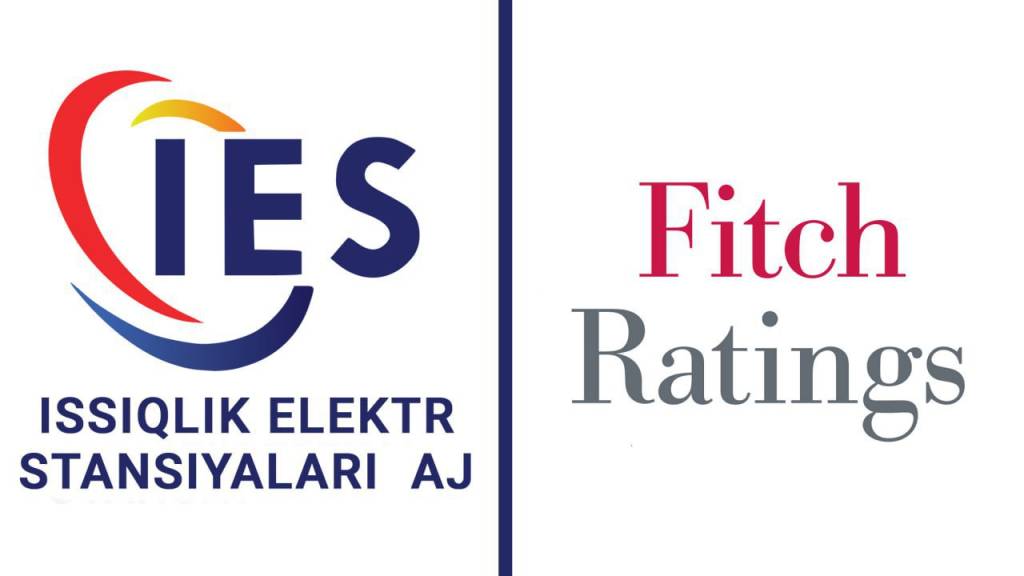
On 11 January, Fitch Ratings affirmed Uzbekistan-based electricity generation company Thermal Power Plants Joint Stock Company’s (TPP) Long-Term Issuer Default Rating (IDR) at 'BB-' with a Stable Outlook.
It should be noted that international ranking indicators are updated once a year. The 'BB-' with a Stable Outlook was first assigned to JSC Thermal Power Plants in January 2023. Thus, a year later, this credit rating was confirmed.
Before assigning this level to Thermal Power Plants JSC, the company’s activities were analyzed for a year by experts from Fitch Ratings. At the same time, the state of the financial, economic, and business strategy of the joint-stock company was studied, and the stability of the financial model and corporate governance system, production processes, and other areas was deeply analyzed.
Another important aspect is that this positive result was also facilitated by factors such as the scale of investments attracted to the company, the potential for their management, and the effectiveness of systemic reforms carried out to exercise control over the credit load at the proper level.
N. Ziyodullayeva, UzA








